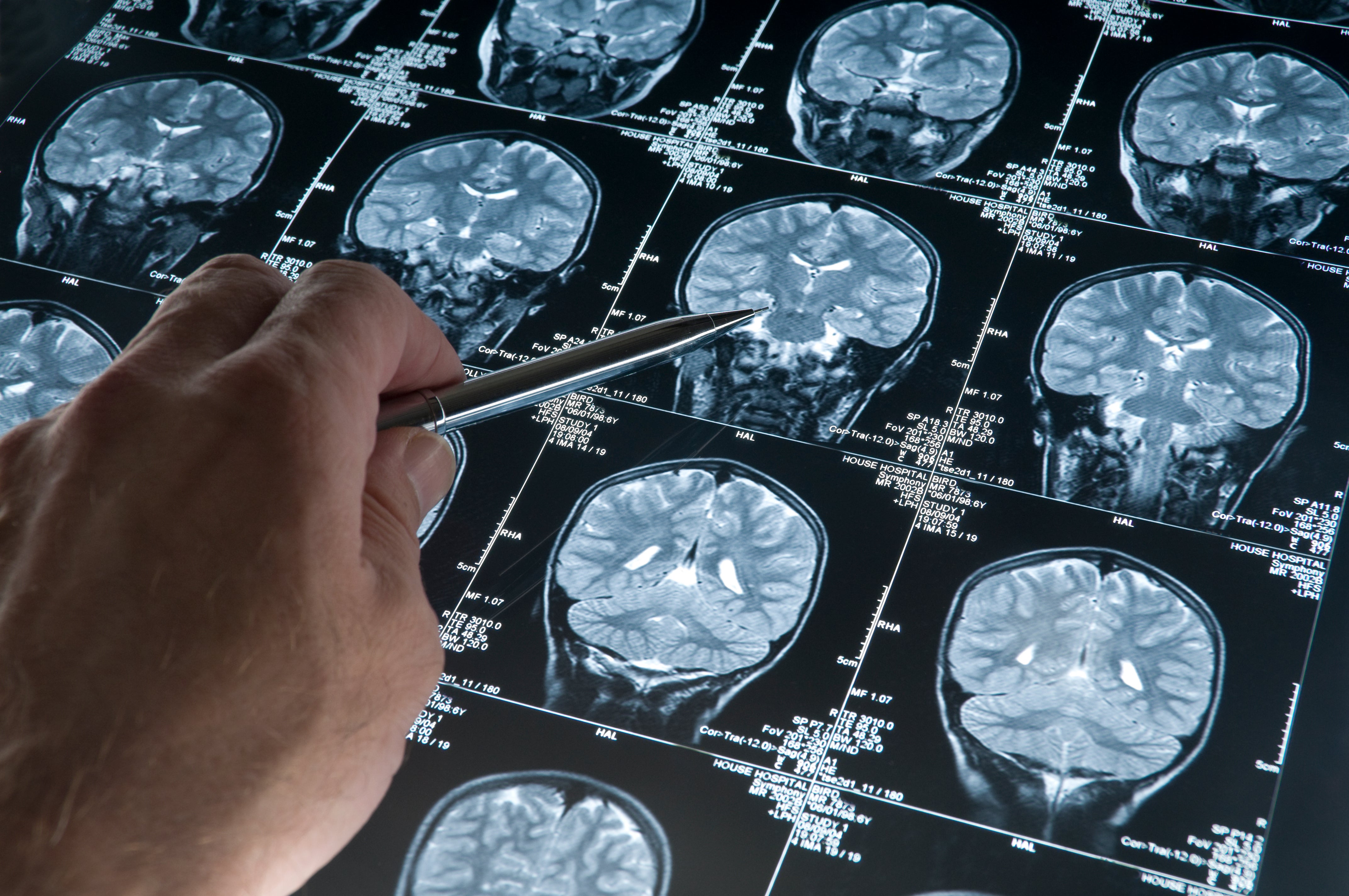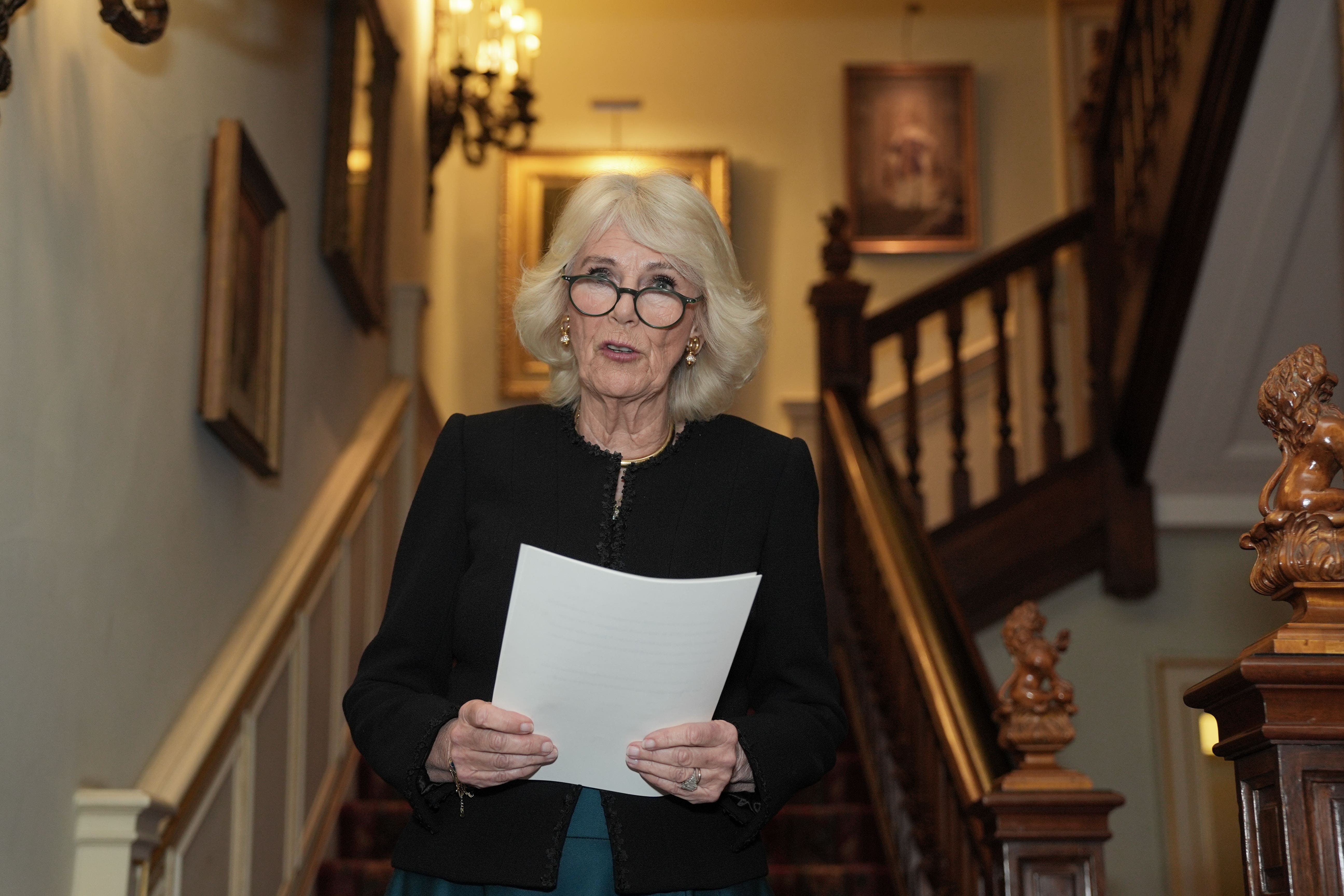The Queen’s Reading Room has partnered with the British Neuroscience Association (BNA) to highlight the ways in which books can play a key role in brain health.
Camilla’s charity is striving to promote the scientifically proven links between reading and wellbeing, such as an almost 20 per cent reduction in stress and sharpened cognitive focus.
The charity will host a series of events at the BNA’s upcoming Festival of Neuroscience as part of the partnership to boost awareness of how reading can influence not only the way we feel, but also the way we think, speak and sleep.
One session will feature Professor of Clinical Neuropsychology Barbara Sahakian, who described reading as “exercise for the brain”.
“Reading is incredibly good for the brain,” she told The Independent, explaining that the brain’s neural networks can be strengthened and improved by reading.

“It not only helps with your brain health, but your cognitive abilities also, because in reading you’re working your memory as you can’t follow a plot if you’re not remembering things.
“You’re stretching your creativity and imagination and also, it just makes you feel good.
“It’s kind of a bit like exercises and as an all rounder. It’s good for your brain, it’s good for your cognition, it’s good for your mood, it’s good for you’re wellbeing.”
Explaining why reading can reduce stress so effectively, Professor Sahakian said: “Part of [treating] stress is relaxation techniques, but the other thing is to take your mind away from what you’re dwelling on, as people tend to ruminate on it.
“Reading takes you into a different world in another place so that you’re very quickly immersed in something else and you’re not thinking about all these things that have been stressing you out.”

She added: “Its good for wellbeing as well as reducing feelings of loneliness as it’s been shown that you can develop empathy and an understanding of other people’s perspectives through reading.”
Professor Sahakian also explained the benefits of reading for children at a young age.
Referring to a study comparing the development of children who began reading at different stages of life, she said: “What it showed was that when they became adolescents, the children who had started reading early had better brain structure and better cognition.”
They also had better school attainment, less mental health symptoms and slept better.
“Having children read early in life is a small thing we can do for people but has a major impact on adolescence,” she said.
The partnership comes after studies carried out by The Queen’s Reading Room last year found just five minutes of reading can reduce stress by 19 per cent and improve cognitive focus by 11 per cent.
The research also showed reading can help people feel more connected to others and empathetic.
The study – which used brain scans, skin conductance tests and a nationally representative study developed by neuroscientists – also found that reading earlier in the day can help readers feel ready to tackle challenges.
The conference in Liverpool will also include a Queen’s Reading Room pop-up, where delegates can take a reading break. The books will then be donated to a local charity, The Brain Food Cafe, a wellness initiative supporting people with neurological conditions.

Camilla launched The Reading Room on Instagram in January 2021 as the Duchess of Cornwall before the project was relaunched as charity The Queen’s Reading Room in February 2023.
Chief executive of The Queen’s Reading Room, Vicki Perrin said: “The Queen’s Reading Room is privileged to be partnering with The British Neuroscience Association on this landmark event in the scientific calendar.
“As a Charity, we are passionate about promoting the health and wellbeing benefits associated with reading, and look forward to bringing neuroscience and literature closer together through a very special public lecture and plenary session which will highlight the transformative power of books.”
